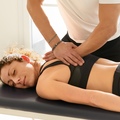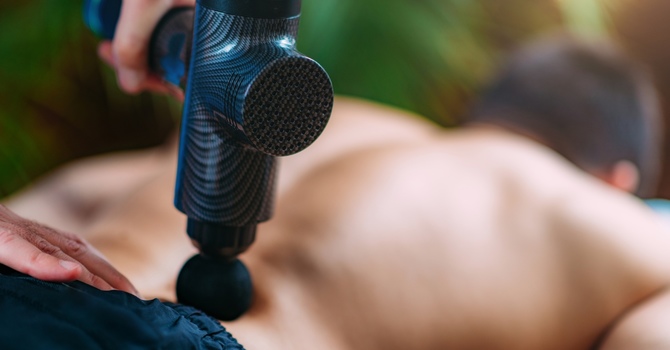
Sugar takes a toll on your skin. It can age the skin and contribute to acne. You may have heard that the sugar-acne connection is a myth that was debunked by science. This argument is usually based on a single study. In this study, one group of people was asked to eat a chocolate bar and the other was not. There was no difference in acne between the two groups. Some took this as proof that there is no connection between sugar (or diet in general) and acne. However, many scientists have found flaws in this study. The focus is shifting to newer studies showing that there is indeed a sugar-acne connection.
THE RESULTS
Studies have found that replacing high glycemic load foods with low glycemic load foods reduces acne. The lower glycemic load diet was often lower in carbohydrates and higher in protein. Researchers actually counted the number of pimples before and after the diet changes. Pimples reduced by 30-50%. The trick is you have to be patient. Milder pimples started to go away by 5 weeks after the diet change. But most of the regular/ severe pimples took 10-12 weeks to fade. In fact, one study only lasted 8 weeks and found that the diet did not help within that time – so timing is everything.
THE DIET
So what does glycemic load mean? To put it simply, glycemic load refers to how “sugary” the food is and how quickly it affects blood sugar.
Some high glycemic load foods are:
– White bread/ white pasta/ white rice
– Sweet drinks (pop, juice, sugary coffee)
– Candy, chocolate, baked goods
– French fries and chips
– Pizza
– Sweet cereals
Some low glycemic load foods used in the studies were:
– Lean meat (e.g. poultry) and fish
– Whole wheat bread/pasta (but not an excessive quantity)
– Vegetables and fresh fruit
– Barley
The Biology
There are a few theories on how sugar leads to acne. High glycemic load foods can spike blood sugar leading to a spike in insulin. This makes it easier for other hormones like androgens to cause acne. For example, androgens increase sebum production. Insulin spikes also increase cell growth and inflammation in a way that can clog pores. All these changes make the skin more prone to infection by acne-causing bacteria.
Naturally, replacing sugary foods with these healthier foods will boost levels of other nutrients. These nutrients, like vitamin A, zinc, good fats and fiber, are also good for the skin.
So, if you’re struggling with acne there are natural options out there. Work with a naturopath to sort out the right diet for you. Often there are other diet changes that need to be made in addition to reducing sugar. Herbs and nutritional supplements can help as well. In stubborn cases, ask your naturopath about food sensitivity testing or cosmetic acupuncture to manage acne.
If you are interested in naturopathic services please contact Holland Landing Health Centre at 905-853-7900 or via e-mail at info@HLHC.ca.

Admin
Contact Me



